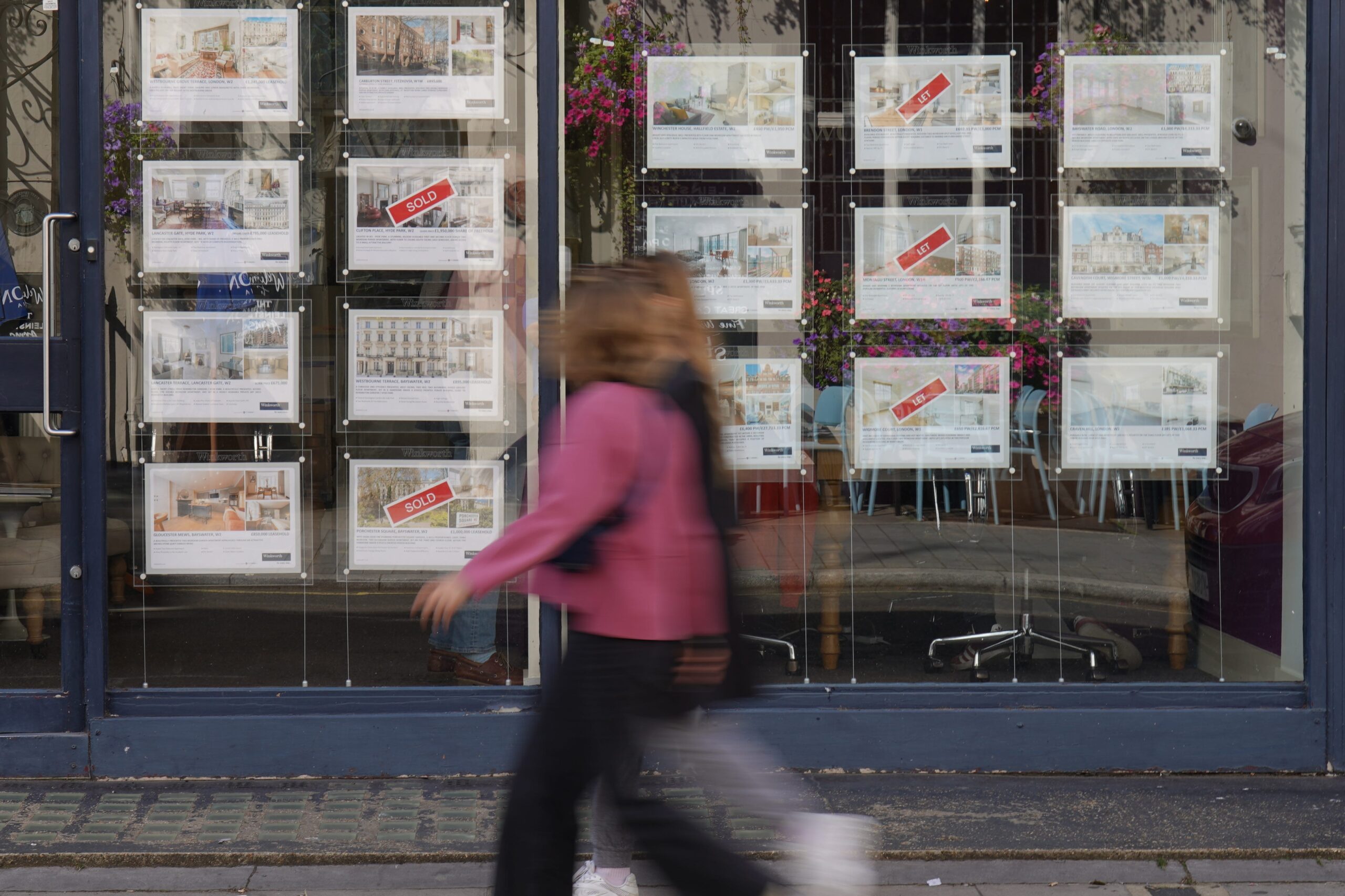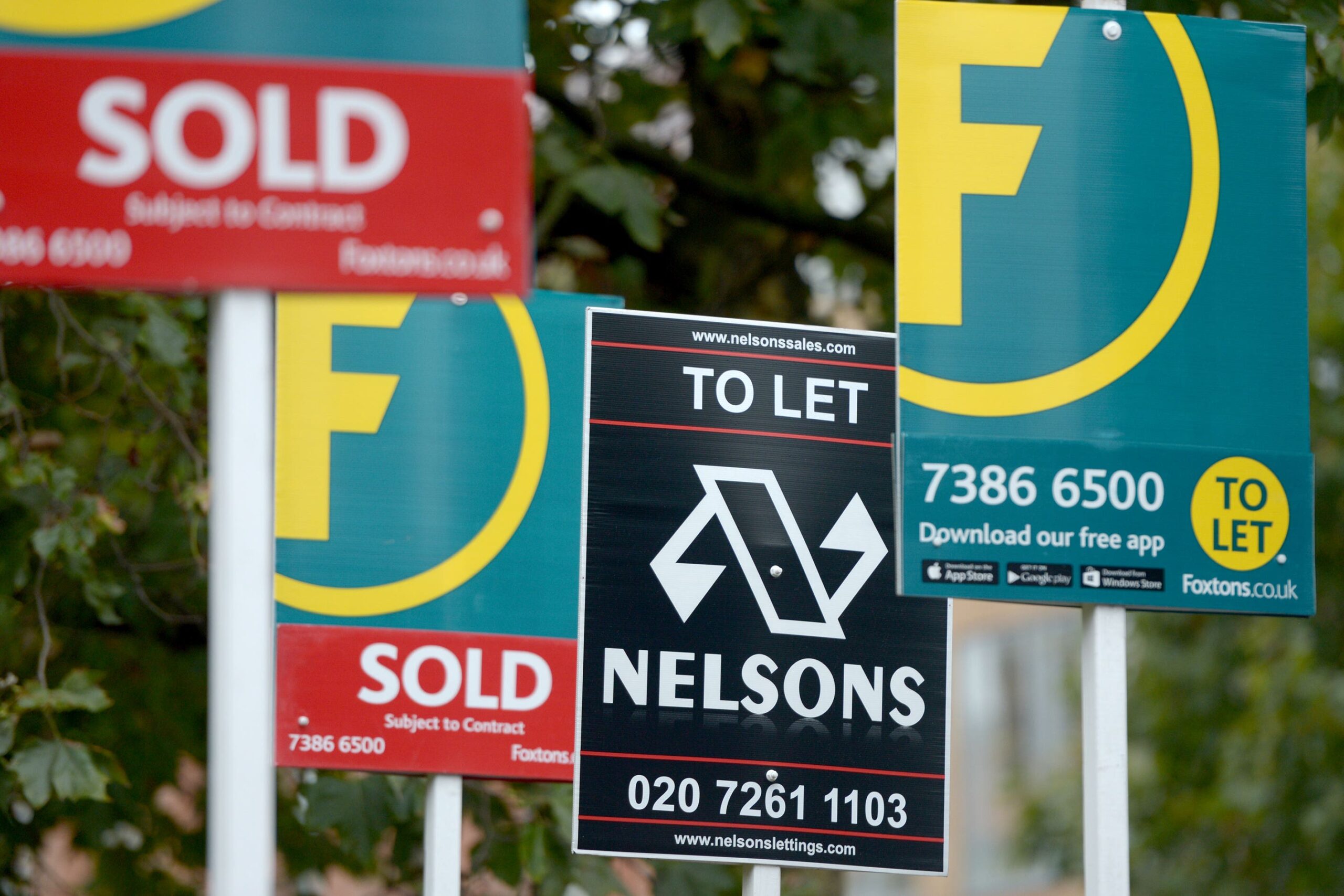UK house price growth saw a month-on-month decline in October, according to new figures from Nationwide Building Society.
Experts suggest that Budget uncertainty and a cooling jobs market are significantly dampening buyer confidence.
The lender reported that growth fell to 0.3 per cent in October, down from 0.5 per cent in September.
Annually, property values increased by 2.4 per cent, a slight rise from September’s 2.2 per cent year-on-year growth, bringing the average UK house price to £272,226.
Nationwide, however, described the market as remaining “broadly stable”.
Conversely, market analysts indicate buyers are adopting a “wait-and-see” approach ahead of the upcoming Budget.
This caution is fuelled by speculation over potential property tax changes, alongside broader economic concerns and a weakening labour market, all identified as key factors impeding market activity.

Elliott Jordan-Doak, a senior UK economist at Pantheon Macroeconomics, said house prices have remained subdued but are likely to continue rising slowly over the coming months.
He said: “We think that some homebuyers are taking a wait-and-see approach to the Budget, which is weighing slightly on sentiment in the market.”
He added: “But the activity indicators holding up better than their survey-based signals suggests to us that demand remains robust.
“So, all told, we expect a pick-up in activity once the Budget is passed and buyers have more certainty over policy.”
Lending figures from the Bank of England earlier this week showed approvals for house purchases rose to a nine-month high in September, as borrowing costs continued to ease.
Robert Gardner, Nationwide’s chief economist, said: “The housing market has remained broadly stable in recent months, with house prices rising at a modest pace and the number of mortgages approved for house purchase maintained at similar levels to those prevailing before the pandemic struck.
“Against a backdrop of subdued consumer confidence and signs of weakening in the labour market, this performance indicates resilience, especially since mortgage rates are more than double the level they were before Covid struck and house prices are close to all-time highs.”

He said conditions should help support the property market over the months ahead.
Mr Gardner said: “Housing affordability is likely to improve modestly if income growth continues to outpace house price growth as we expect.
“Borrowing costs are also likely to moderate a little further if bank rate is lowered again in the coming quarters.”
The Bank will announce its latest decision on interest rates next week and while most economists believe they will vote to hold at 4 per cent, there are expectations for further reductions in light of recent better-than-expected inflation data.
Sarah Coles at Hargreaves Lansdown said: “There’s every chance that the market continues to stand its ground through the difficult winter months.
“Along with the fact that wages are rising faster than house prices, more than six months of falling mortgage rates will be helping convince buyers to take the plunge, and better deals that have emerged in the last week or so should help support the market too.”
